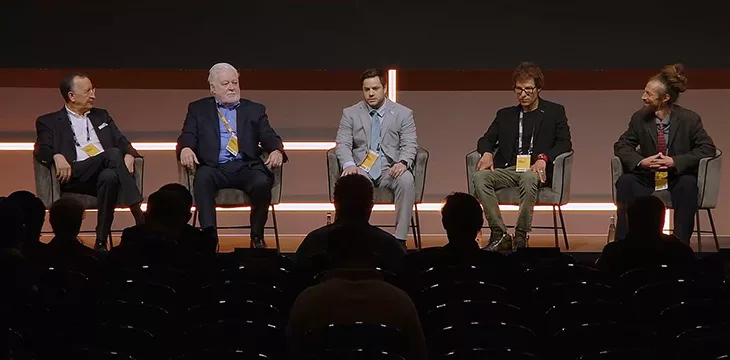
|
Getting your Trinity Audio player ready... |
At the London Blockchain Conference 2024, IPv6 Forum President Latif Ladid moderated a panel on how IPv6 and blockchain technology will change the internet.
The panelists include Jake Jones, Head of Infrastructure and Business Program Manager at the BSV Association; Ralph Wallace, IPv6 Lead at Raptive Resources; Hugo Feiler, Founder of Co-Founder of Minima; and Greg Ward, CTO and Co-Founder of SmartLedger Solutions.
End-to-end communication
Ladid opens the panel by explaining the key points of IPv6: it enables true end-to-end connections between people. It empowers people and disempowers monopolies by enabling people to have their unique IP addresses for every device.
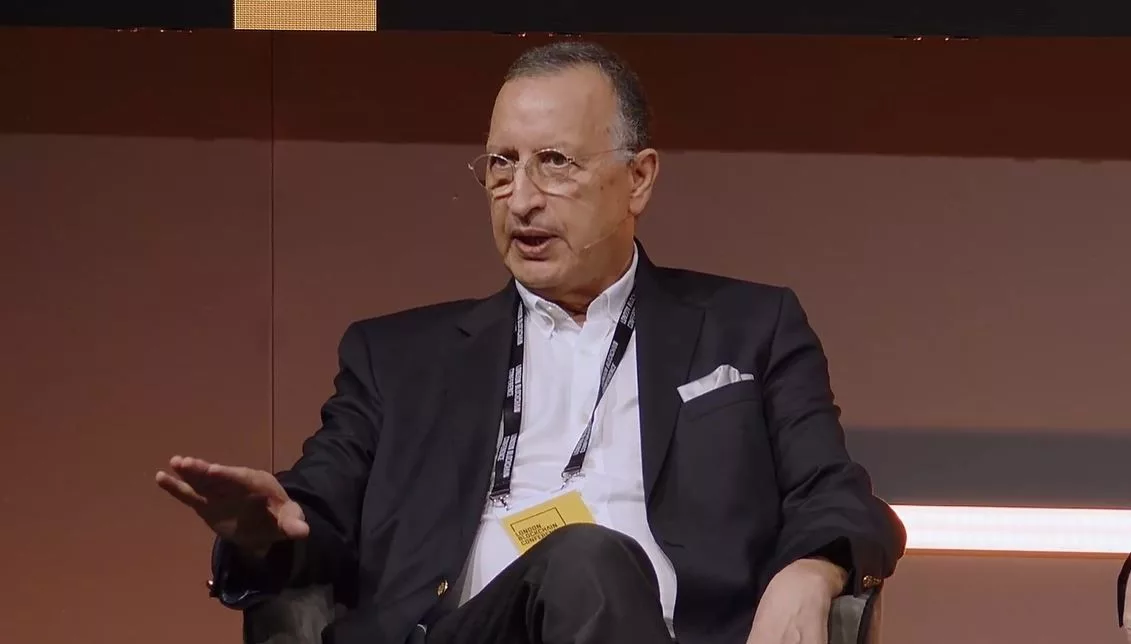
Right now, IP addresses are owned by routers and services, relegating most of us to “tourists on the internet.” The internet was supposed to be peer-to-peer, but it forked, and now access is controlled by a few large corporations.
What are the benefits and challenges of integrating IPv6 with blockchain technology?
Wallace answers this question first. The reduction of business overhead is the business use case. Organizations and enterprises can save money on operational and capital expenditures. IPv6 is truly peer-to-peer, and he has seen first-hand how it can transform organizations.
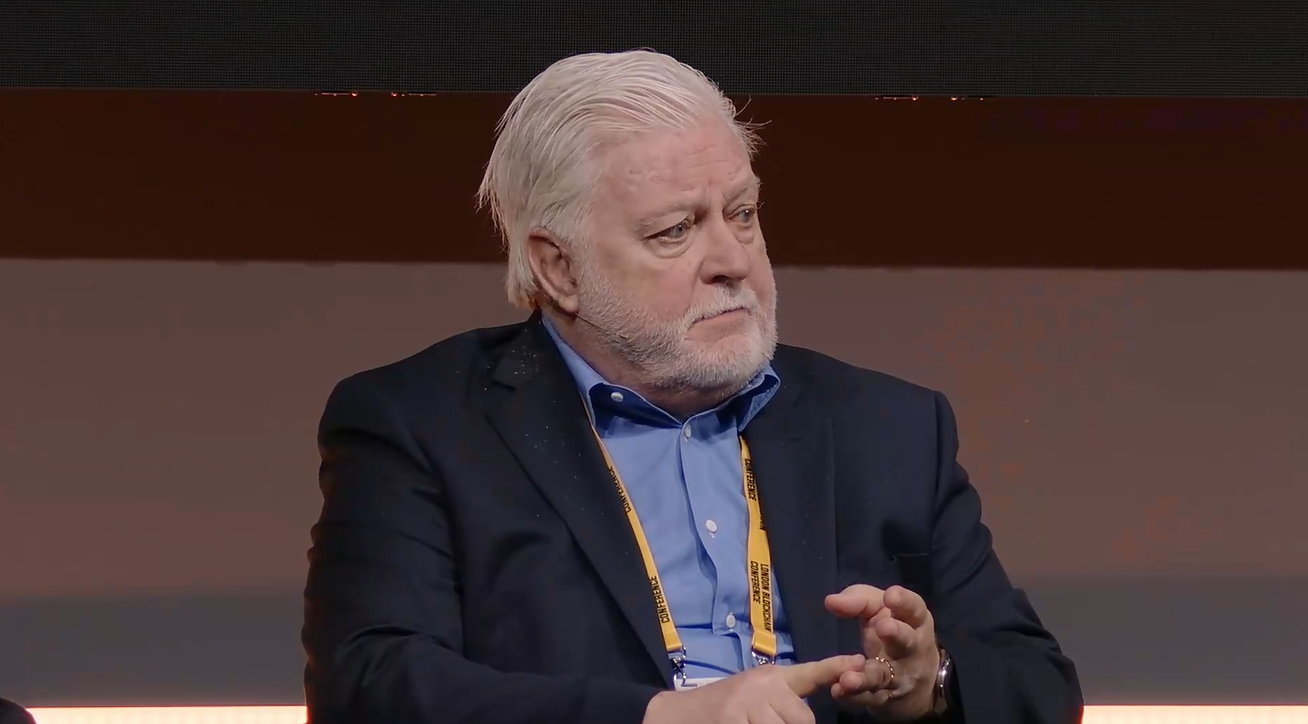
Jones answers that we must first understand the value proposition of blockchain technology. Bitcoin is peer-to-peer electronic cash with no trusted intermediaries involved in communications and transactions. Microtransactions enable this, and all of it requires IPv6 for the necessary address space.
Feiler says his company is working on putting blockchain nodes on vehicles to allow them to communicate with each other and with other pieces of infrastructure. IPv6 allows peer-to-peer connectivity between devices.
Ward says that, while working in the music industry, he has encountered many stars who want to communicate more directly with fans. With unique IP addresses, devices can be linked to identity and can enable true peer-to-peer communications with total transparency and accountability.
What are the challenges?
Ladid follows up with a reminder about the second part of his initial question: the challenges of integrating IPv6 and its general adoption.
Ward says people don’t even need to know about IPv6 or that they’re using it. It’s the enterprises that need to know about efficiency and cost savings, among others. Users just want to continue using apps and services as they do now.
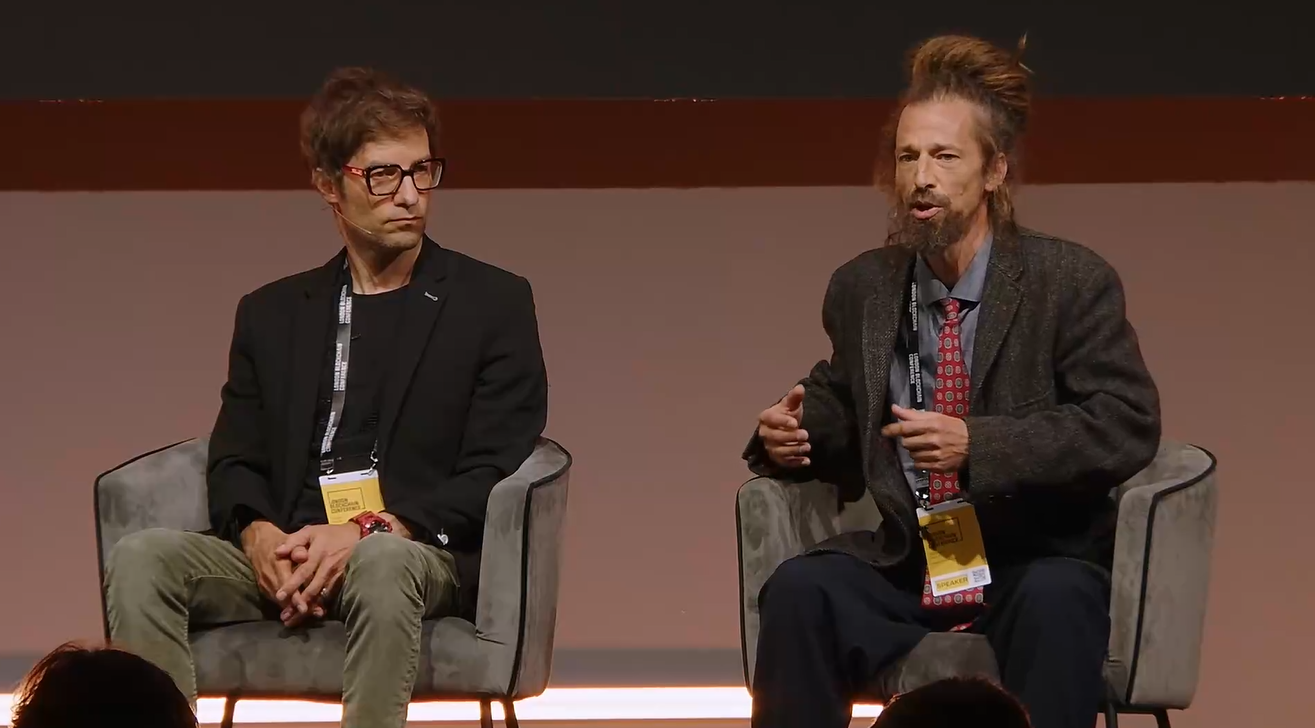
Feiler says people won’t adopt something until they have to. Getting more enterprises to use IPv6 will require clear communication about the benefits, such as greater efficiency, transparency, and connectivity. Some know about these and are still reluctant, and he feels it will ultimately require the “old guard” to retire and new blood to enter before that reluctance gives way to willingness.
Jones believes those who understand IPv6 and blockchain need to be able to demonstrate the new business models they make possible. Once companies understand how it can benefit them and open up new revenue streams due to micropayments, they’ll move. We have to teach, have patience, and wait for the right people to make decisions.
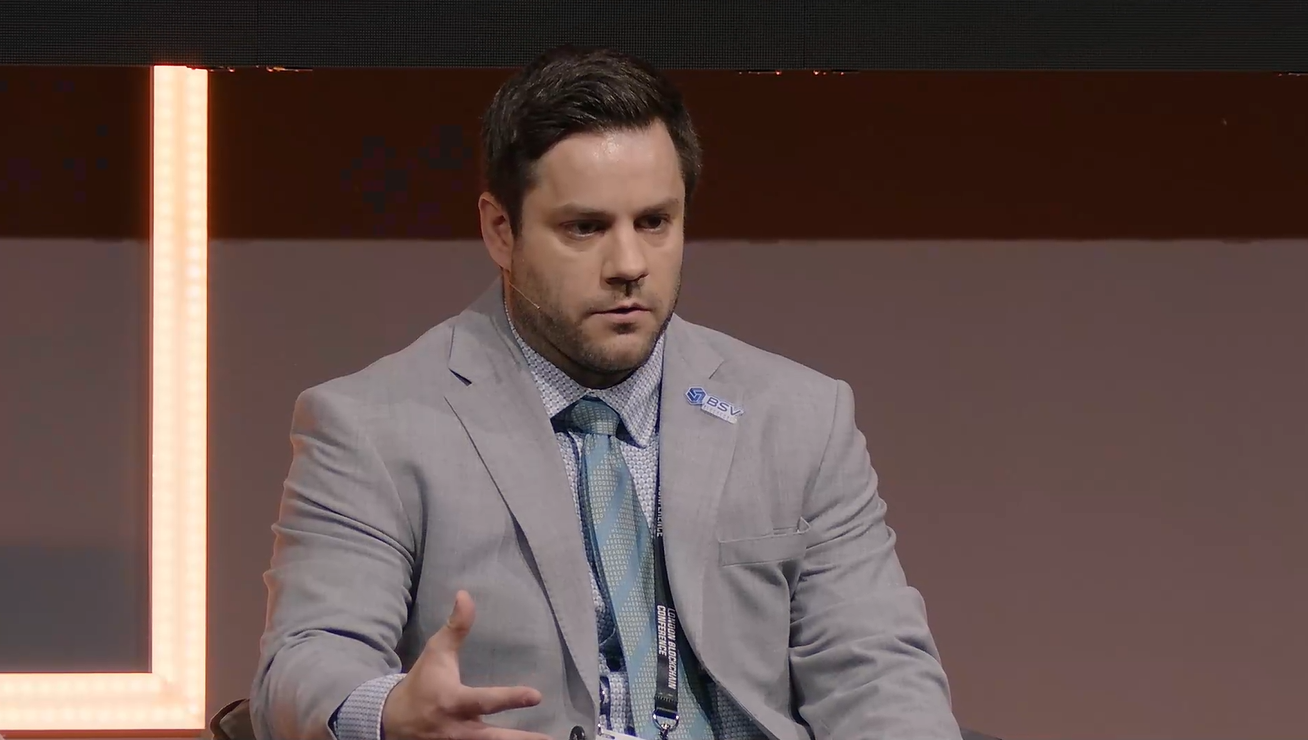
Wallace says that, in his experience, the challenge is communicating why IPv6 is necessary. He has sold the idea to several U.S. government departments and knows all about this. Enhancing security is one selling point, but there are many more.
What is your vision for IPv6 and blockchain?
Ward wants to see IPv6 implemented across the board. There’s a great synergy with the Internet of Things (IoT), blockchain, peer-to-peer payments, and related technology. These can work together to unlock many value and benefits for users, such as enhanced privacy.
Feiler gives an example of his vision by announcing another upcoming partnership for his firm; it has struck a deal to put Minima on chips. In this way, devices can become nodes, adding to the network’s security and enabling true peer-to-peer connectivity. One billion users will use IPv6 and blockchain when they don’t know they’re using it, he says, echoing Ward’s earlier sentiment that users just want to continue as is.
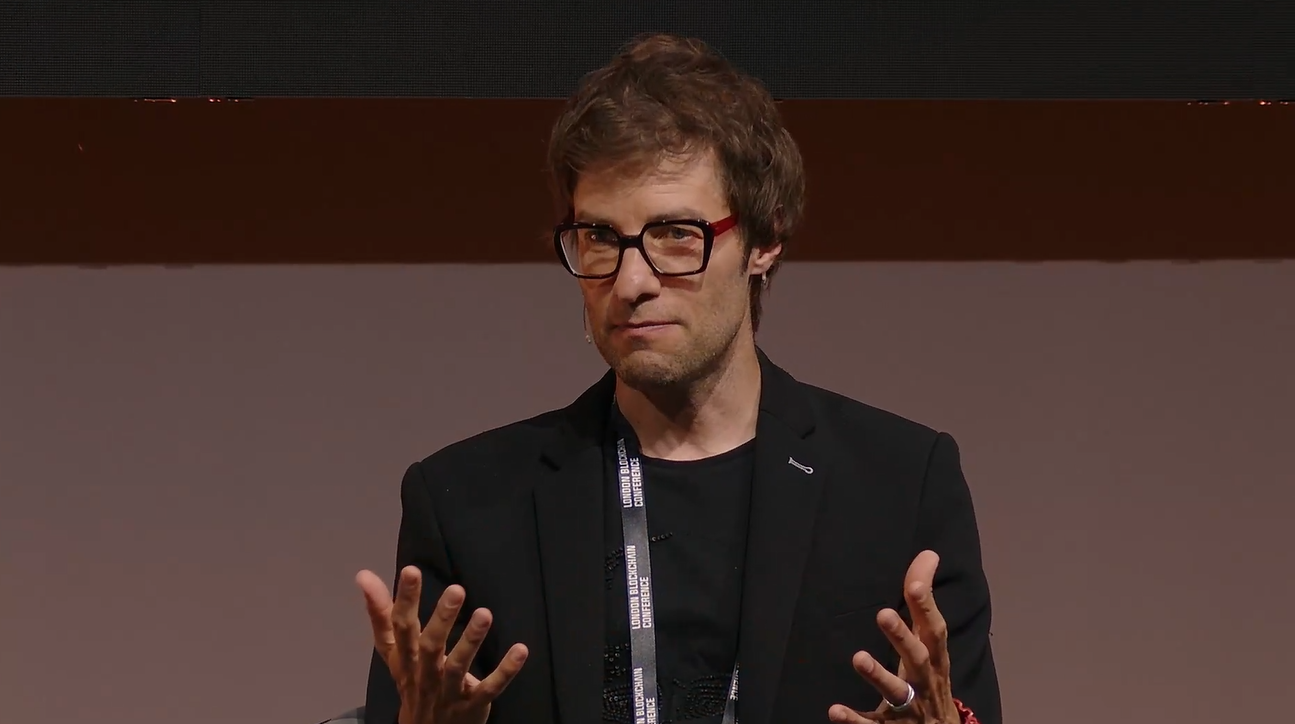
Jones looks back to something Tim Berners-Lee came up with regarding Web3. The web will move past hyperlinks to a more semantically-connected model. IPv6, blockchain technology, and micropayments can enable this, which in turn will facilitate new ways of handling data and much more.
Wallace looks deeper at how IPv6 will fundamentally change the way applications work. Right now, they have hardcoded IPv4 addresses since they were the only ones available. He encourages organizations to pilot IPv6 and see the benefits for themselves.
Ladid wants to get 10% of people using blockchain technology in the next few years. Ultimately, he wants to sunset IPv4 addresses and NAT altogether in the next eight years, ushering in a blockchain-based internet by 2032. He sees lots of great opportunities and believes this is extremely important for the future.
Watch: IPv6 restores Internet’s end-to-end model

 11-21-2024
11-21-2024


